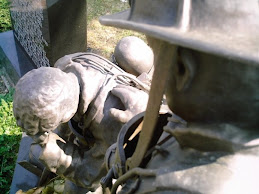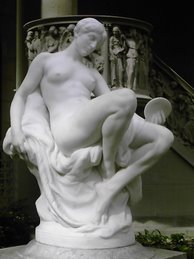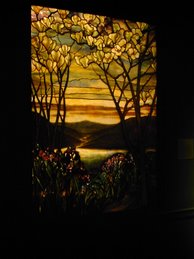I learned so much about how to interpret history just from reading Thomas Bowden’s book on Columbus and his multiculturalists critiques, those haters of all things Western Civilization, which I first picked up during my early years in Objectivism.
I learned how to evaluate an historical figure according to the context of his time, and by means of what is most historically essential and significant about such figures, to name just a couple of the most important lessons I culled from “The Enemies of Christopher Columbus.” I learned that just as there is an objective method of evaluating science, so, too, is there one for evaluating history — and, really, everything else.
Sure, buy this book if you’re interested in learning more about how to objectively evaluation the many unjust attacks against Columbus and his successors in the Americas — e.g. he didn’t really “discover” America, Europeans “stole” the land from the natives, Columbus and the Europeans were unprecedentedly brutal to the Indians — and why calling them “Native Americans” is a misnomer. But I recommended it even more as a great book to learn the method of thinking needed to objectively evaluate historical figures in general. In other words, it provides the opposite of what most people are taught from kindergarten to college.
Monday, October 11, 2010
Subscribe to:
Post Comments (Atom)































+-+June+2009.jpg)











No comments:
Post a Comment